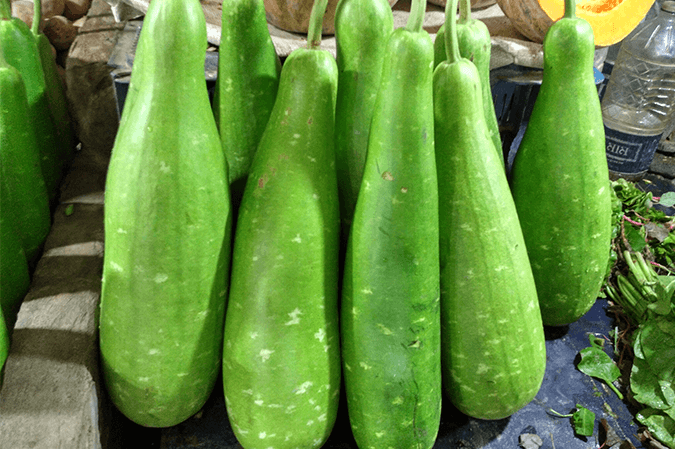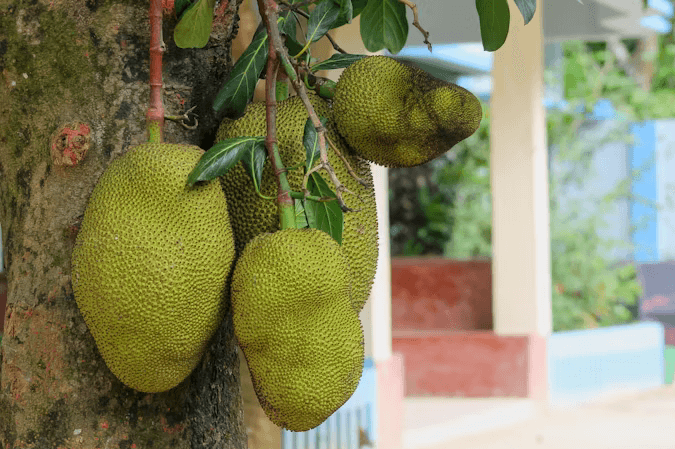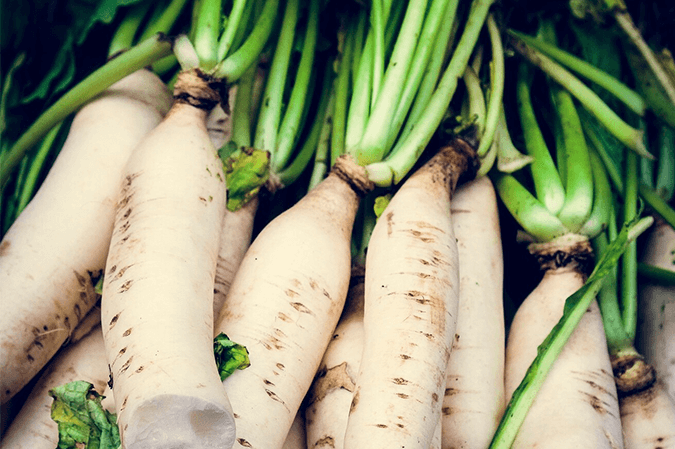Nutrional information (per 100 gm)
| Nutrient | Amount |
| Calories | 14 kcal |
| Water | 96% |
| Carbohydrates | 3.39 g |
| Protein | 0.62 g |
| Total Fat | 0.02 g |
| Dietary Fiber | 0.5 g |
| Calcium | 26 mg |
| Iron | 0.20 mg |
| Magnesium | 11 mg |
| Phosphorus | 13 mg |
| Potassium | 150 mg |
| Sodium | 2 mg |
| Vitamin C | 10.1 mg |
| Folate (Vitamin B9) | 6 µg |
| Vitamin A | 16 IU |
Interesting Facts About Bottle Gourd
- Historical Use: Bottle gourd is one of the first cultivated plants in the world, grown not for food but as a container. Archaeological evidence shows its use as early as 13,000 BCE.
- Versatility: Besides being used as a vegetable, dried bottle gourds are often used to make utensils, musical instruments, and birdhouses.
Origin of Bottle Gourd
Bottle gourd (Lagenaria siceraria) is believed to have originated in Africa. It spread to Asia, Europe, and the Americas in prehistoric times. The plant’s ability to float on water helped its dissemination across oceans.
Health Benefits of Bottle Gourd
- Hydration: With 96% water content, bottle gourd is excellent for hydration, especially during hot weather.
- Weight Loss: Low in calories and high in dietary fiber, it promotes a feeling of fullness and aids in weight management.
- Digestive Health: Its high water and fiber content help in easing constipation and promoting a healthy digestive system.
- Heart Health: The presence of potassium helps in managing blood pressure, reducing the risk of heart-related ailments.
Specific Benefits for Body Parts or Organs
- Liver: Bottle gourd juice is known to have a protective effect on the liver, aiding in detoxification and reducing inflammation.
- Skin: The high water content and vitamins (like Vitamin C) in bottle gourd help in keeping the skin hydrated and glowing.
- Kidneys: Its diuretic properties assist in flushing out excess toxins and maintaining kidney health.
Sources
- USDA FoodData Central
- “Vegetables of Tropical Climates” by M. K. Rai
- Healthline



